Cats have specific dietary needs, and some foods can harm their health, even if they seem harmless. As a responsible pet owner, knowing what’s safe and what’s not is crucial for keeping your feline friend happy and healthy. Here are nine foods you should never feed your cat.
1. Chocolate
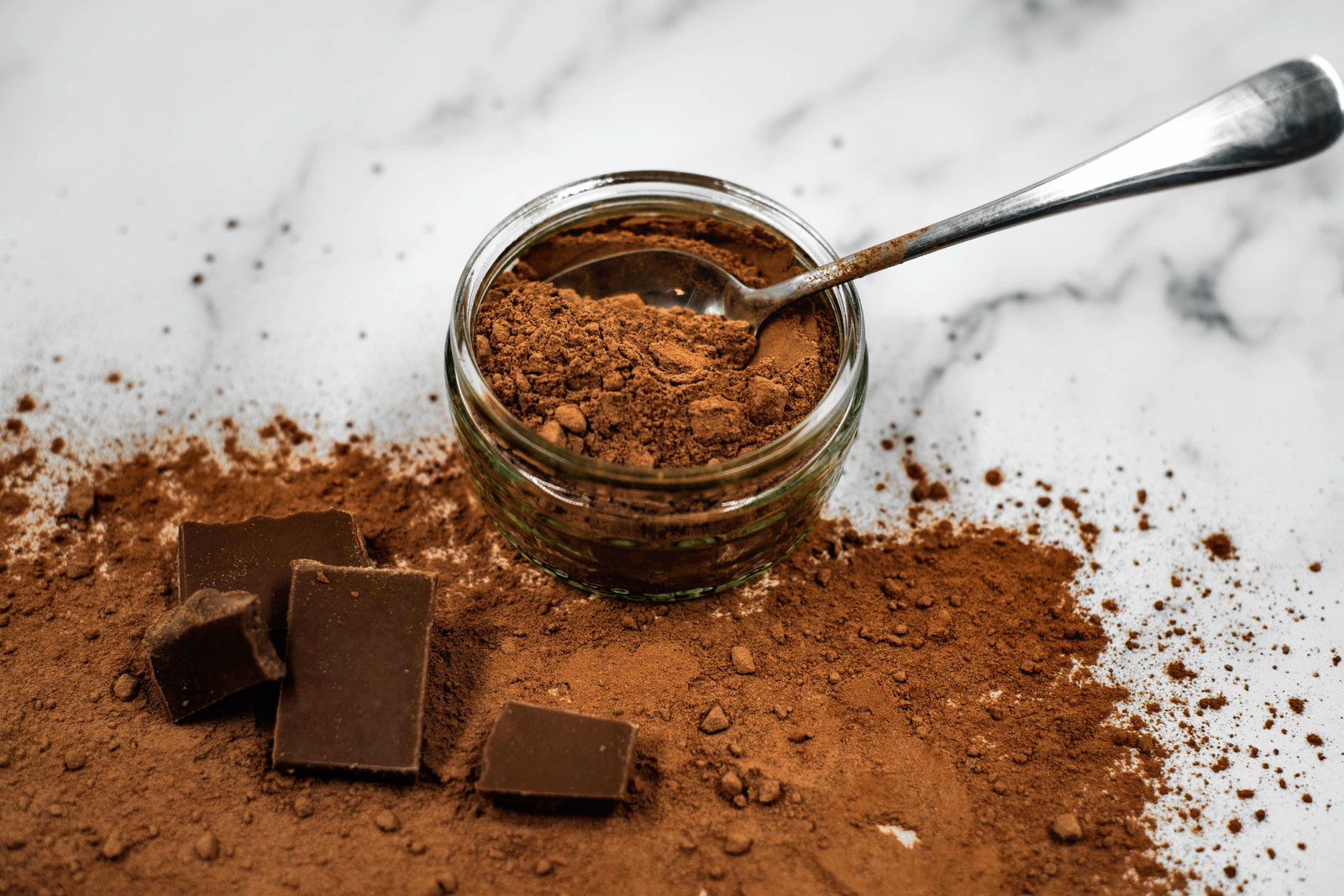
Chocolate is toxic to cats due to theobromine and caffeine, which can cause symptoms like tremors, seizures, and even heart failure. Dark chocolate and baking chocolate are especially dangerous. If your cat consumes chocolate, contact your veterinarian immediately.
2. Onions and Garlic
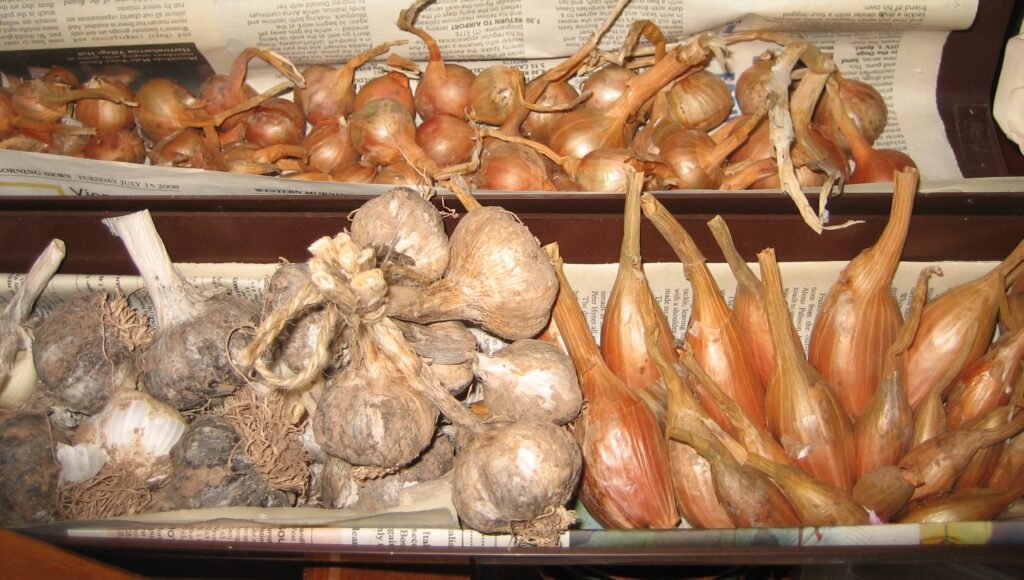
Onions, garlic, and related plants can damage a cat’s red blood cells, leading to anemia. Whether raw, cooked, or powdered, these foods are highly toxic and should be avoided entirely. Symptoms may include lethargy, weakness, and pale gums.
3. Grapes and Raisins
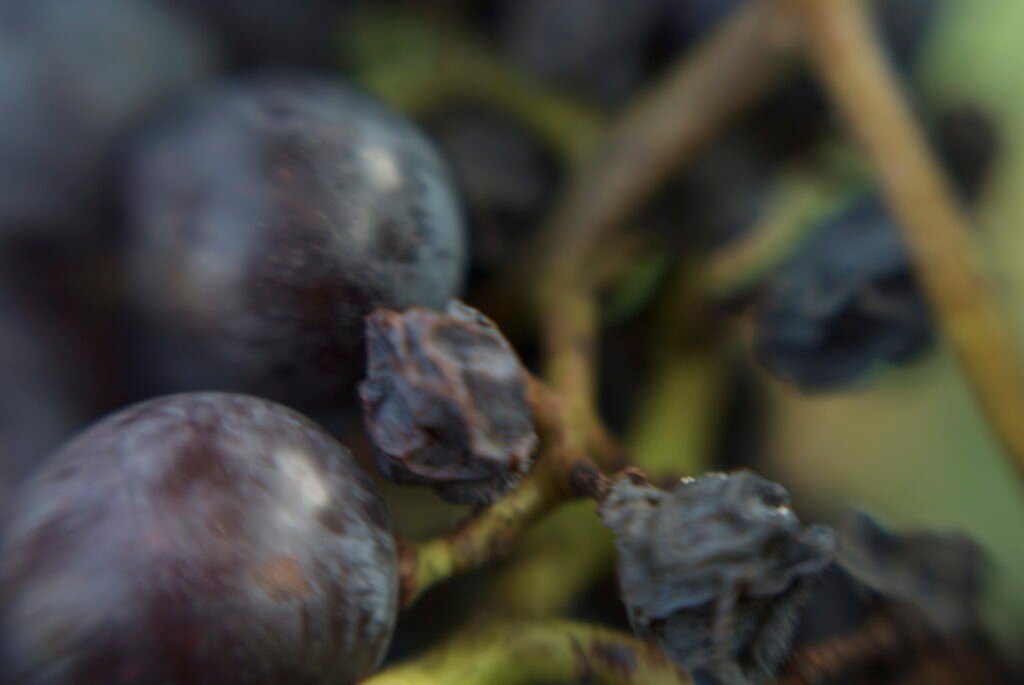
While popular among humans, grapes and raisins can cause kidney failure in cats. Even small amounts can lead to vomiting, lethargy, or more severe complications. It’s best to keep these foods far out of reach.
4. Dairy Products
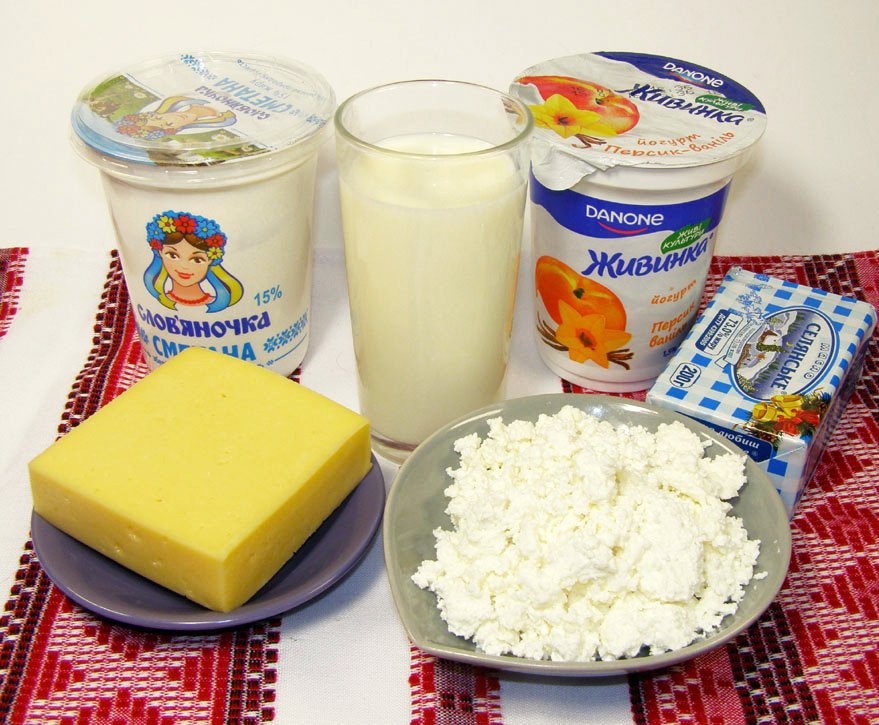
Although the image of a cat drinking milk is iconic, most cats are lactose intolerant. Consuming milk, cheese, or cream can lead to stomach upset, diarrhea, or bloating. Offer water instead to keep your cat hydrated.
5. Raw Eggs, Meat, or Fish
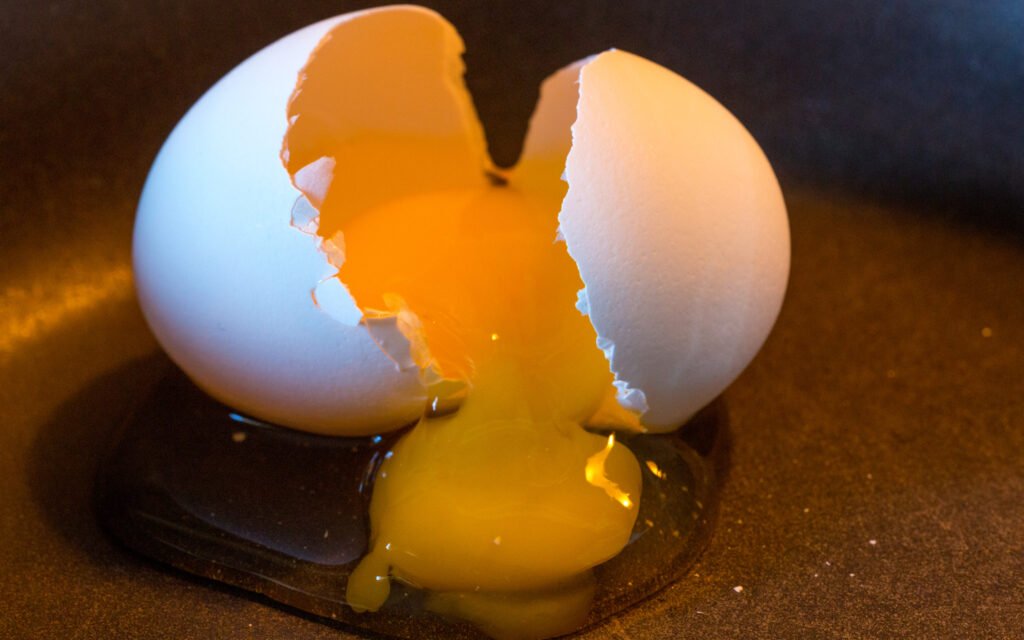
Raw foods can carry harmful bacteria like Salmonella or E. coli, which can cause severe illness in cats. Additionally, raw fish contains an enzyme that destroys thiamine, an essential B vitamin for cats. Cooked, plain options are safer alternatives.
6. Alcohol
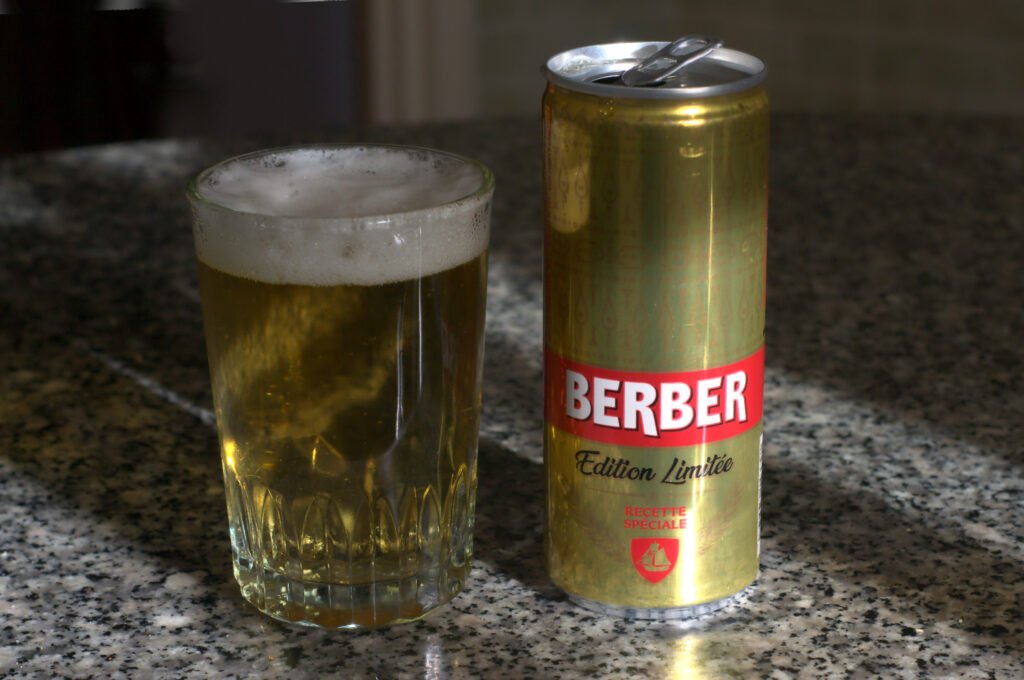
Even small amounts of alcohol can be dangerous for cats, leading to vomiting, disorientation, or more severe effects like respiratory failure. Never offer your pet alcoholic beverages or dishes containing alcohol.
7. Bones
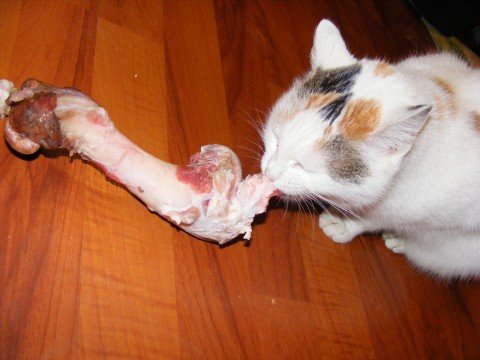
Bones from meat, poultry, or fish can splinter and cause choking or damage to a cat’s digestive tract. These sharp fragments can lead to internal injuries, requiring immediate veterinary attention. Stick to cat-friendly chew toys for dental health.
8. Caffeinated Beverages
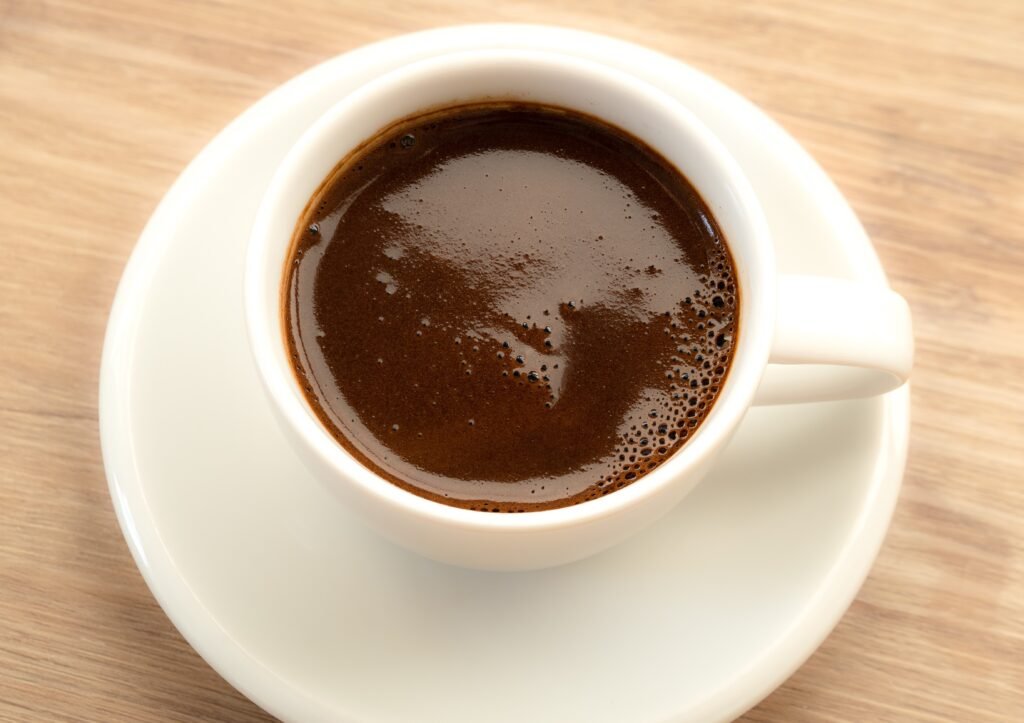
Coffee, tea, and energy drinks contain caffeine, which is toxic to cats. Consuming caffeine can lead to hyperactivity, rapid breathing, or heart palpitations. Ensure these beverages are stored safely out of your cat’s reach.
9. Dog Food

Though not toxic, dog food lacks the essential nutrients that cats need, such as taurine. Feeding your cat dog food can lead to nutritional deficiencies and long-term health issues. Always opt for cat-specific diets designed to meet their dietary needs.
Keep Your Cat Safe and Healthy
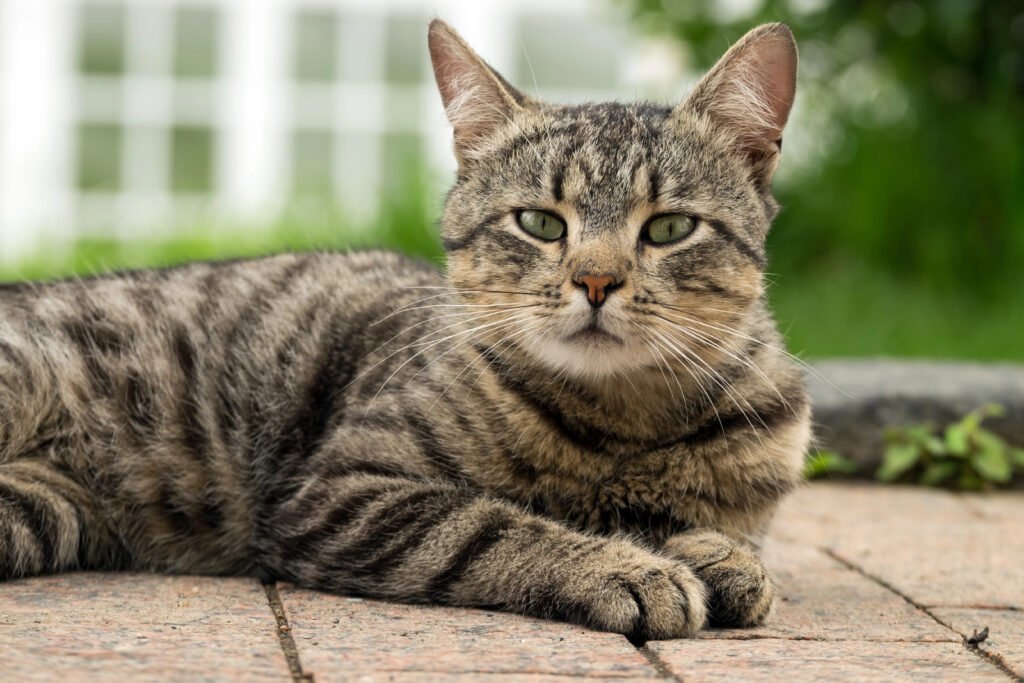
Understanding what foods to avoid can save your cat from unnecessary health risks. If you’re ever unsure about what’s safe, consult your veterinarian. Providing a balanced, species-appropriate diet is the best way to ensure your furry companion lives a long, healthy life.
Cats rely on us to make the best decisions for their health, so let’s keep them happy, well-fed, and safe!

Growing up traveling and experiencing new cultures and wonders, I have had a passion for nature, adventuring, photography, and videography. I am currently working towards a BSc in Biodiversity and Ecology at Stellenbosch University, and I hope to specialise in Marine Sciences one day.
Please send any feedback to Feedback@animalsaroundtheglobe.com






